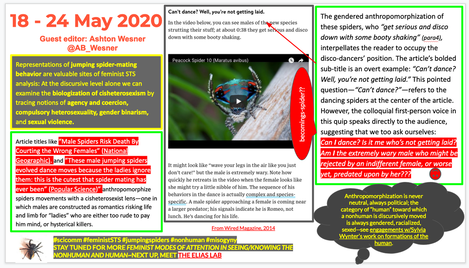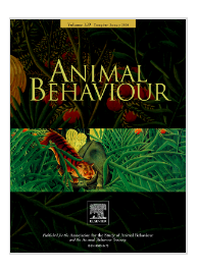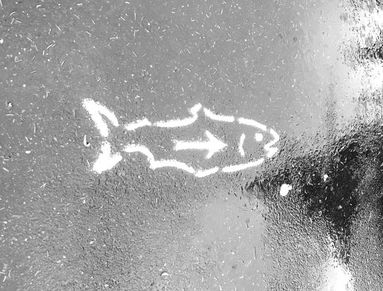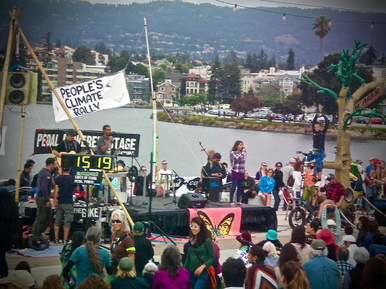|
From May 18-24 I am thrilled to be a guest at ANTISTATIC, a crafty and critical collaboration curated by Anna and Kelly Pendergrast. Jump along with me as I make a mess of mating behavior studies. Hang onto draglines anchored in questioning the politics of visuality and scientific knowledge production: And, ultimately, of seeing/surveilling spiders, fieldsites, and students.
|
My latest publication, in collaboration with Dr. Ambika Kamath, is out in Animal Behavior. Published just this January (2020), our article "Animal Territoriality, Property, and Access: a collaborative exchange between animal behavior and the social sciences" is part of a special issue on Animal Behavior: A Historical Approach, edited by Dr. Zuleyma Tang-Martinez.
|
|
My research and writing intersect the fields of feminist science & technology studies, critical environmental history, political ecology, Indigenous and settler colonial studies, and cultural geography. I combine frameworks and methods from these fields to examine articulations of nature, culture, and power to better understand how ongoing US settler colonialism and imperial expansion structure both bioscientific knowledge production and environmentalist practices. As a teacher—in classes like “Engineering, Society, and Environment,” “Biology, Ecology, and the Making of US Imperialism,” and “Environments, Animals, and Militarism”—I build on a foundation of feminist pedagogy and commitment to social justice oriented learning in and beyond the university. I currently hold a position as Visiting Faculty in Science & Technology Studies/History of Science in the Department of History at the University of California, Berkeley; there, I am also a Research Fellow at the Center for Science, Technology, Medicine & Society.
My current project, Routing the Scenic: technologies of occupation and environmental culture in the Columbia River Gorge, examines the historical legacy and quotidian production of US settler colonial violence through scientific practices. Routing the Scenic historicizes the contested 1986 passage of the bi-state environmental governance plan—the National Scenic Area Act (NSAA)—within the context of Indigenous dispossession throughout the Columbia River Basin from the early 1830s to present. Scenery, I show, has been operationalized in imperial expansion through the Gorge and has shaped the calculation of how colonial conservation unfolds. I argue that settler colonialist visions of the Gorge, from railroad brochures, to sonar surveys, to drone footage, constitute progressive environmental politics and planning initiatives and continue to dispossess Columbia River Treaty Tribes. Based on over fourteen months of multi-sited ethnographic fieldwork and archival research, my analyses shed light on the layered, but often mundane, infrastructures of violence in river basins while also foregrounding the possibilities for anti-colonial spatial practices. Two additional projects inform my scholarship and teaching. Both are collaborative. One is primarily ethnographic, and examines the production of queer ecologies with a lab of arachnologists who study jumping spider mating behavior. The second is pedagogical, and evaluates community-engaged (CE) STEM programs in academe and develops curriculum for teaching socially-situated sciences. I earned my PhD at the University of California, Berkeley in Society & Environment. I hold a BA in Environmental Analysis: Race, Class, and Gender from Pomona College. My work has been funded by the National Science Foundation, UC Berkeley Fellowship for Graduate Study, Center for Latin American Studies, Center for Race and Gender, Social Science Matrix and Tanada Endowed Fellowship in Entomology. I am lead researcher of the Queer Ecologies | Feminist Biologies collaborative and an active member of the Left Coast Political Ecology Network. |
|






